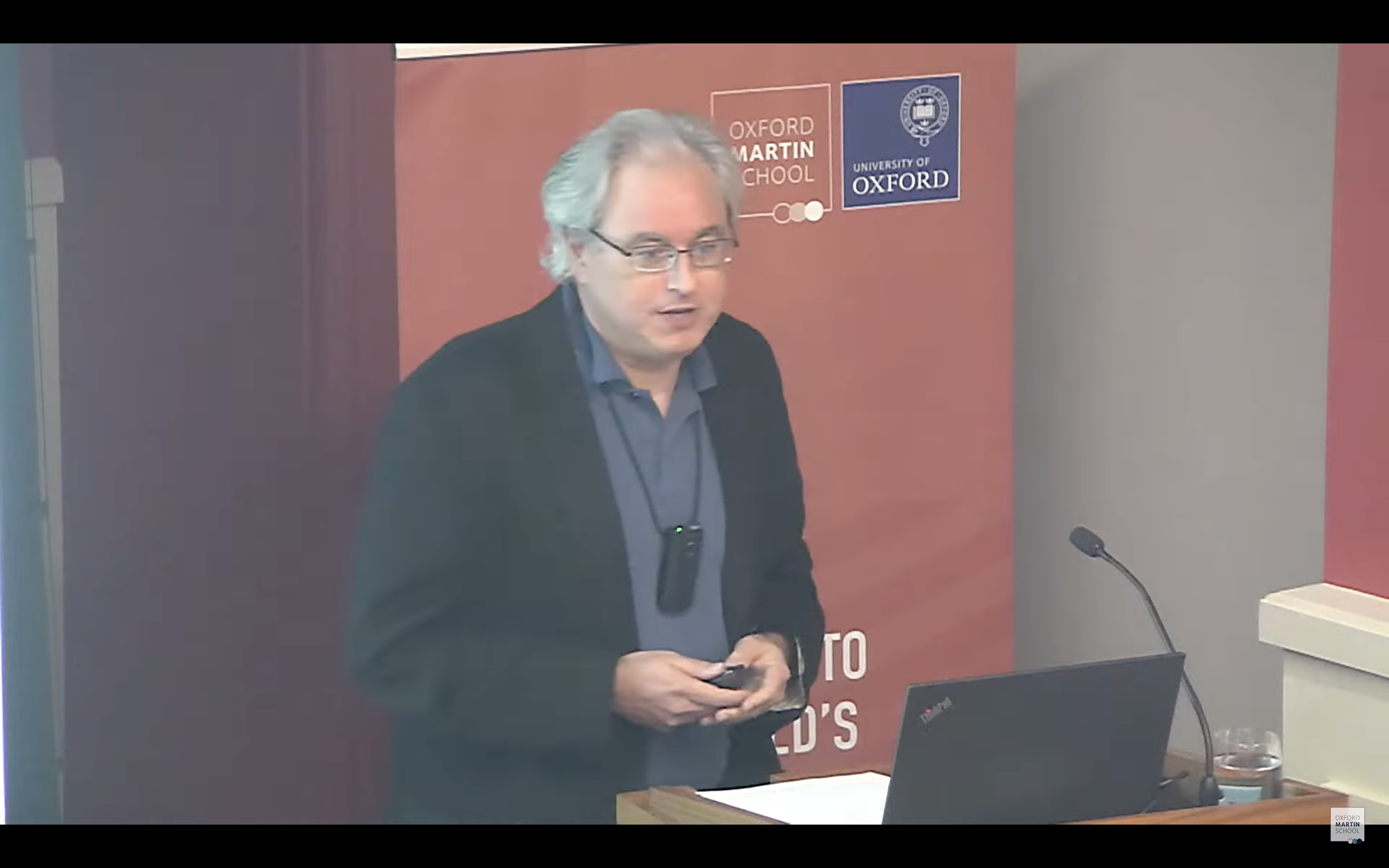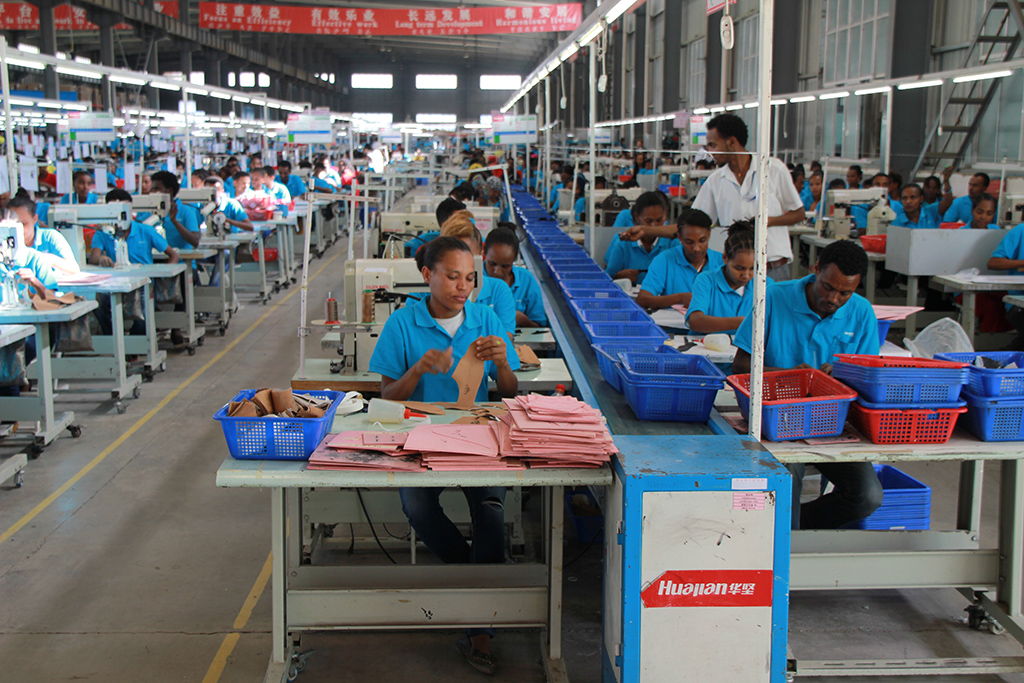It is a sign of the enduring importance of the issue that both of this year’s Nobel prizewinners in economics have explored the role of technology in development.
William Nordhaus’s celebrated paper on the cost of light through the ages calculated the amount of time a worker would need to labor in order to buy the illumination equivalent to that provided by a candle at one foot distance for one thousand hours. That time fell from 41.5 hours in 1750 BC to less than half a second in 1992 AD, thanks largely to technological advances from sesame oil lamps to compact fluorescent bulbs. Paul Romer’s work on endogenous technological change mapped out a theory of economic growth based on the idea that technology is a nonrival, partially-excludable good, and concluded that education, trade, and policy interventions to increase technological research would all speed growth.
Put simply, the invention and adoption of technology is the most powerful force underlying global development, and a significant factor in determining which countries are comparatively rich and healthy and which are poor and sick. The relative adoption of mechanized agriculture, industrial processes from blast furnaces to robots, and infrastructure technologies from the internal combustion engine to the smartphone explains why some countries are so much more productive than others. Technologies including sanitation, sterilization, and pharmaceuticals explain rapid global progress against premature death.
CGD’s Study Group on Technology, Comparative Advantage, and Development Prospects is looking at current technology trends, including those around automation and artificial intelligence, and thinking through what they might imply for global economic growth and the distribution of income into the future. In particular, the group is exploring the potential impact of new technologies on the distribution of global production. Will robots end a twenty-year run of global economic convergence by cutting off the path to manufacturing-led growth? Will automation spur a global renaissance in services productivity and exports? The Study Group isn’t trying to find a consensus, but rather to discuss potential outcomes and reach what might be termed mutually-informed disagreement.
As part of that effort, and alongside meetings, papers, and blogs, we are launching a series of podcasts with Study Group members and other experts called Sounds Robotic.
The first two podcasts are already up: I talk with UK economist Diane Coyle about fears of job losses and inequality from advances in robotics and automation, as well as the regional impact of past technological change and what it might imply globally; and with CGD senior fellow Lant Pritchett about the idea that the main problem developing countries face isn’t a lack of access to new technologies or knowledge but rather lack of use of technologies that have been around a while, which leads to a discussion of institutions and how deals are done.
More are coming, so stay tuned. I hope you enjoy them and thanks for listening!
CGD blog posts reflect the views of the authors, drawing on prior research and experience in their areas of expertise.
CGD is a nonpartisan, independent organization and does not take institutional positions.





